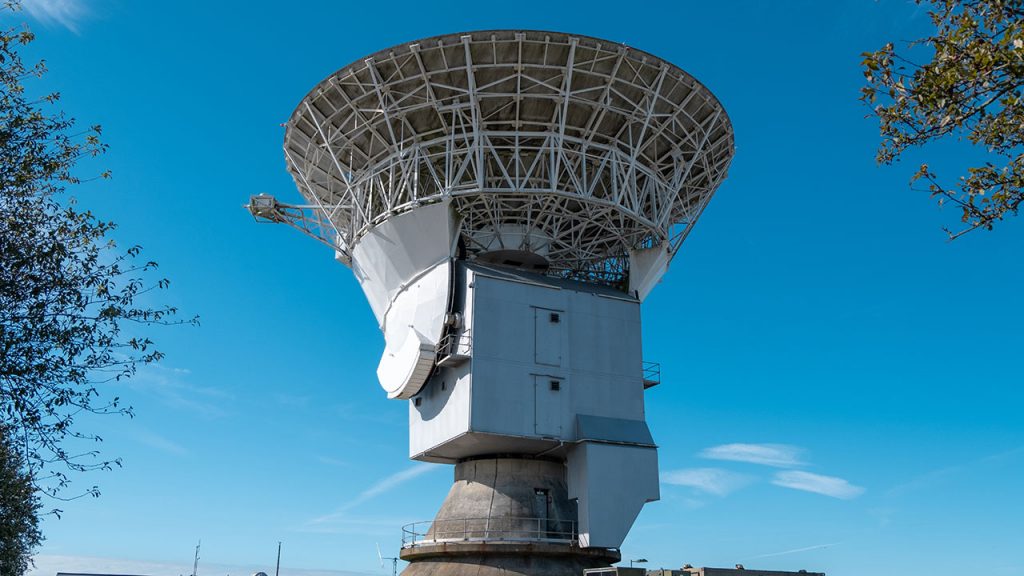
Supporting collaborations
The National Centre for Atmospheric Science promotes collaboration across the scientific community. We believe that working with visiting scientists will advance atmospheric research and promote collective responses to big environmental challenges, including climate change, weather and air quality.
Our Visiting Scientist Programme can support you to:
- make a visit to another organisation
- host a visitor at NCAS
- share knowledge
- advance existing research
- stimulate new research areas
- collectively respond to scientific initiatives
- raise your profile
- build new relationships
The programme is intended to support the development and maintenance of long term collaborations and to support the exploration of new opportunities that align with NCAS, our science themes, and our atmospheric observation and modelling.
In total, we look to support applications of around £20,000 per year. We expect the majority of individual applications to be for around £2,000 – with further justification required for higher amounts.
How to apply
The NCAS applicant (where they are making a visit or receiving a visitor) should provide the following:
Applicants should note that:
Example activities
Examples of funded activities:
Assessment process
From application submission to funding decision:
Assessment criteria
The assessment of each proposal is based on the following criteria:
About our assessment panel:
The assessment panel is chaired by the NCAS Science Director who is supported by representatives from each of our Science Themes and the Scientific Services, Facilities & Training Directorate. These representatives can be Theme Leads or their nominees. The programme administration will be supported by the NCAS Executive Support and Governance Office, funding will be provided to local institutions via a contract amendment via the NCAS Finance team.
